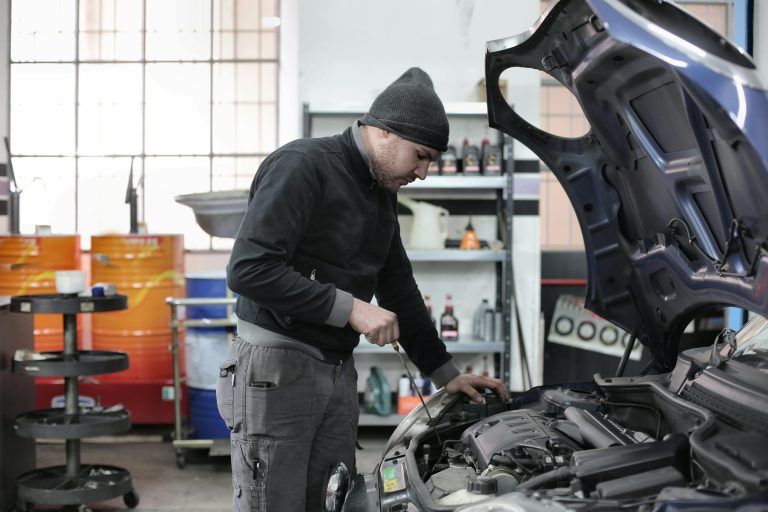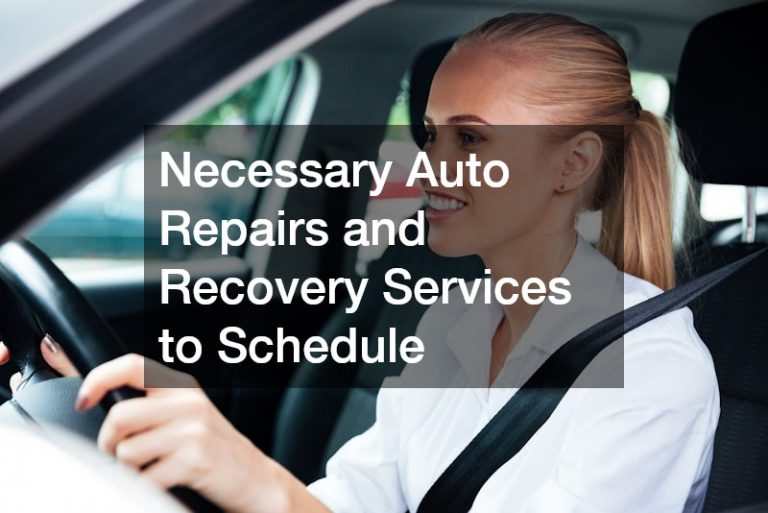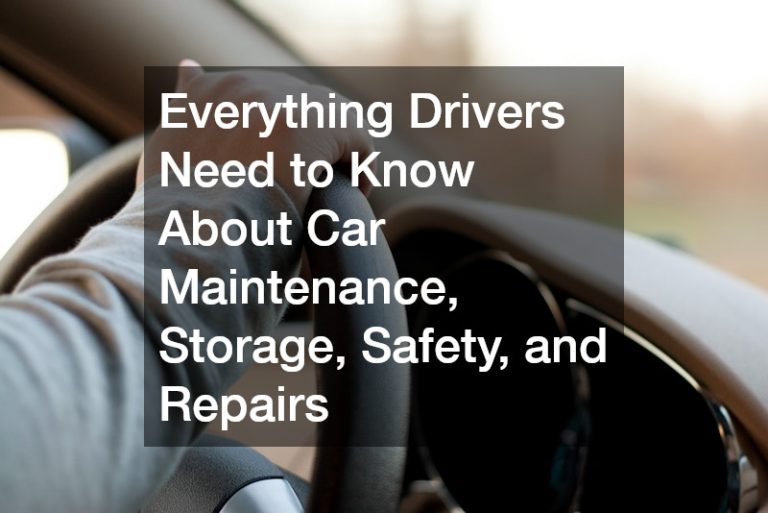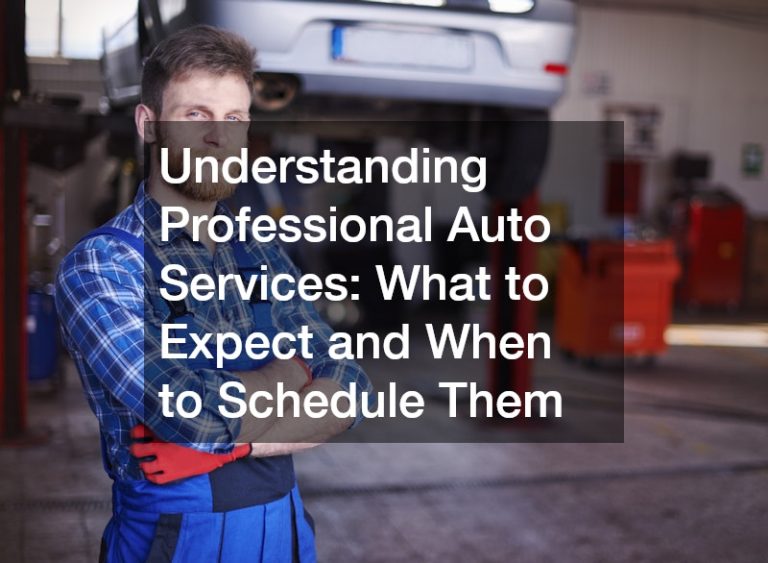


For many of us, it’s hard to imagine getting anywhere with out a car. Almost 90% of Americans said that they owned a car in 2014 and between dealership sales or private-party deals, almost 40 million used cars get bought and sold each year. Car leasing has also become a popular option lately, due to lower monthly payments. A vehicle is often a person’s first major purchase. Whether you’re a young person trying to make their first big buy or someone who is looking for a used vehicle, there are some general need to know facts. What key aspects of a vehicle should you be looking at? What should you do before going to the car dealership? Should you even go through a dealership?
What You Need to Know When Buying Used
If you already have a type of car that you know and like, you may want to search specifically for those types of cars. For example, typing “Hyundai cars for sale” can help expedite your search and narrow down your search field. However, if you don’t have something as specific as “Hyundai cars for sale,” do some research and see what types of recommended to purchase used.
You should also have a vehicle history report run, to see if it’s been in any accidents, if it’s been written off by the insurance company (as a salvage title), or if the odometer has been rolled back to look more appealing to potential customers.
Even if you have a clean vehicle history report, you’ll still want to get the vehicle inspected by a mechanic who can determine if there were any other problems. For example, some accidents might not have been reported or there could be damage done to the bottom of the car that might not have showed up on a vehicle history report.
Just like you would with a new car, make sure you get it out on the road for a test drive and have a checklist ready to properly evaluate the car. Check and see if there’s a warranty still on the car and obtain the car title before finalizing the deal. A car without a title is a red flag that things might be a little sketchy and you should consider whether you want to move forward.
How to Prep For a Car Purchase
It’s often best to get your finances in order before going to the dealership, to avoid getting sucked into loans or payment plans that the dealership offers. With some research, you may be able to find better deals on loans and loan terms from banks or other lenders. You also shouldn’t be afraid to bargain and negotiate with the dealers. Indeed, over 40% of consumers consider the dealership a place to learn — not just about what’s on the road, but in terms of negotiating. See for example, what Hyundai cars for sale are going for, and if the starting price is high, try and negotiate it down to match those prices.
Find out about other fees or extra costs ahead of time to make sure you can budget properly. You want the whole process to be as transparent as possible and know exactly what you need to pay for, so you’re not scrambling for extra money at the last minute.
Going to a Dealership Vs. Private Party Transactions
If you know the person you’re purchasing the vehicle from — if they’re a family member or friend, for example — it can be alright to do a private party transaction. The chances are good that they’re going to give you a fair deal and a quality vehicle. However, in most cases, visiting a dealership is a good idea for your peace of mind. They’ll have quality cars on their lots, be able to explain terms to you, and arrange for some of the more legal or technical aspects to be taken care of.
If you’ve been in the market for a car, start looking for Hyundai cars for sale and get out there!





